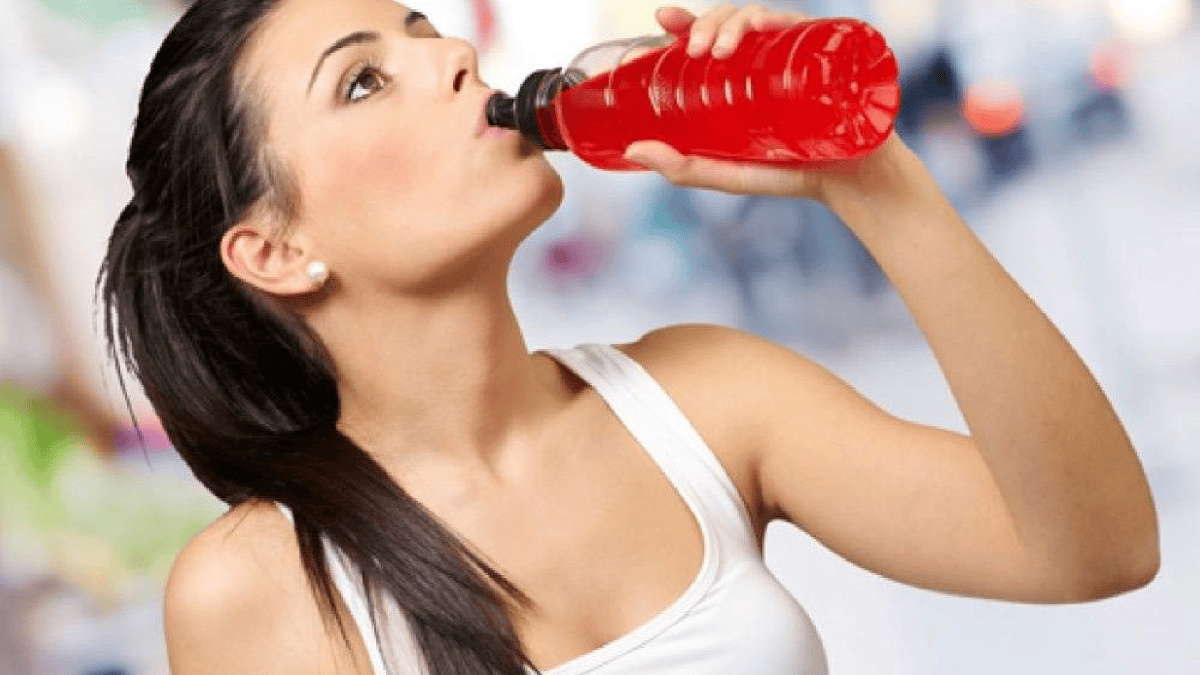Do You Really Need Sports Drinks? Top Experts Reveal the Truth

However, do these beverages truly benefit everybody? Or can plain water suffice? This piece aims to clarify the role of sports drinks and assist you in choosing the optimal method to maintain hydration as you pursue your fitness objectives.
Perspiration and Our Losses During Workout
During physical activity, our body exerts itself to maintain a stable temperature, primarily accomplished via sweating. This perspiration consists mainly of water along with vital electrolytes such as sodium, potassium, calcium, and magnesium. These components play key roles in processes including muscle movement and maintaining hydration levels within the body.
Here is when sports drinks become useful. These beverages are formulated to rapidly restore the fluids and electrolytes you lose during physical activity as well as supply carbs for an energy boost. Seems beneficial, doesn’t it? However, the crucial factor depends on how much and how intensely you're exercising.
In What Situations Might Sports Drinks Be Beneficial?
When engaging in moderate-intensity exercises lasting under an hour, water typically suffices for proper hydration. Generally, our bodies function efficiently without rapidly losing substantial amounts of electrolytes or exhausting our energy stores during such activities.
Nevertheless, sports drinks can be advantageous in particular circumstances:
Intense and Prolonged Exercise: When engaging in intense exercises lasting over an hour, particularly under hot or humid weather conditions, your body loses more fluids and electrolytes. During such activities, consuming a sports drink can aid in replacing those losses and sustaining your performance levels.
Extreme Endurance Exercise Marathon runners, triathletes, or cyclists embarking on lengthy routes can gain advantage from the blend of carbohydrates and electrolytes provided by these beverages to maintain their performance.
The Less Sweet Truth: Sugar and Additives
This key point is frequently ignored: Numerous commercially available sports drinks have substantial quantities of sugar. Should your exercise not be sufficiently strenuous or prolonged to exhaust your glycogen reserves (how your body keeps carbs for energy), this additional sugar just converts into excess calories.
Consuming too much sugar, including via sports beverages, can lead to weight gain, tooth issues, and fluctuations in energy levels which may not be conducive to steady performance. Additionally, certain such drinks include synthetic hues and tastes; avoiding them could be advisable should you seek a more wholesome dietary regimen.
Intelligent Choices for Staying Hydrated
The positive aspect is that you have numerous healthy choices for staying hydrated and restoring your electrolyte balance without needing to consume sugary beverages filled with additives.
- Always Hydrate with Water: Opt for simple water for your everyday fluid needs and routine exercises. Make sure to maintain proper hydration levels all day long, rather than only during physical activity sessions.
- Coconut water serves as a great natural beverage rich in potassium and contains lower amounts of sugar compared to numerous sports drinks. Perfect for restoring electrolyte balance following medium-intensity exercise sessions.
- Flavored Water: Incorporate pieces of fruit such as lemon, cucumber, or berries into your drinking water to enhance taste along with adding essential nutrients and vitamins, all without any extra sugar.
- DIY Rehydration Solutions: Mix some water with a small amount of salt, add a touch of honey or maple syrup for carbs, and include natural fruit juice for taste and additional electrolytes to make your own rehydration beverage.
Hydration is Personal
In the end, the ideal hydration plan relies on factors such as yourself, the length and vigor of your workout, and the surrounding environment. Pay close attention to your physical cues and notice how you're feeling. Should you experience dizziness, fatigue, or severe thirst, these are clear indicators that you should replenish fluids.
For many people, drinking enough water throughout the day and during light workouts should be plenty. Reserve sports drinks for intense sessions when you require an immediate boost of energy and electrolytes. Aim for intelligent hydration to enhance both your health and performance!

Post a Comment for "Do You Really Need Sports Drinks? Top Experts Reveal the Truth"